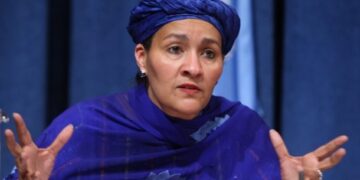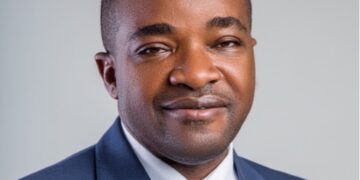The Judicial Council of the Economic Community of West African States (ECOWAS) has announced its initiative to review existing laws and assess the implementation of previous rulings by member states. This decision follows recent remarks by Nigeria’s Attorney-General and Minister of Justice, Lateef Fagbemi (SAN), urging the ECOWAS Court of Justice to avoid issuing orders and judgments that are challenging to enforce.
During a closed-door meeting with President Bola Tinubu at the State House in Abuja, Justice Olukayode Ariwoola, the President of the ECOWAS Judicial Council and Chief Justice of Nigeria, disclosed the formation of two committees. One committee will focus on examining the rules, while the other will assess the status of enforcing judgments handed down by the community court.
Responding to Fagbemi’s concerns, Justice Ariwoola emphasized the council’s commitment to addressing issues related to the enforcement of community court judgments. He stated that the recommendations arising from the committees’ work would demonstrate their dedication to supporting the commission.
A courtesy visit to President Tinubu was made by the ECOWAS Judicial Council, led by the Chief Justice of Nigeria. Justice Ariwoola highlighted the successful discussions held during the recent meeting, expressing gratitude for the opportunity to apprise the President of the council’s deliberations.
In the midst of these developments, the anti-corruption advocacy group, Socio-Economic Rights and Accountability Project (SERAP), expressed disagreement with the Attorney-General’s stance on ECOWAS Court judgments. In a statement, SERAP’s Deputy Director, Kolawole Oludare, characterized Fagbemi’s remarks as a political attack on the ECOWAS Court. The group argued that such statements undermine the court’s integrity and effectiveness, emphasizing the need for the Nigerian government to uphold its international legal obligations under ECOWAS treaties and protocols.
SERAP warned that it would hold the Nigerian government accountable if it failed to fulfill its obligations and urged a withdrawal of statements perceived as detrimental to the ECOWAS Court’s credibility and Nigerians’ access to justice.























